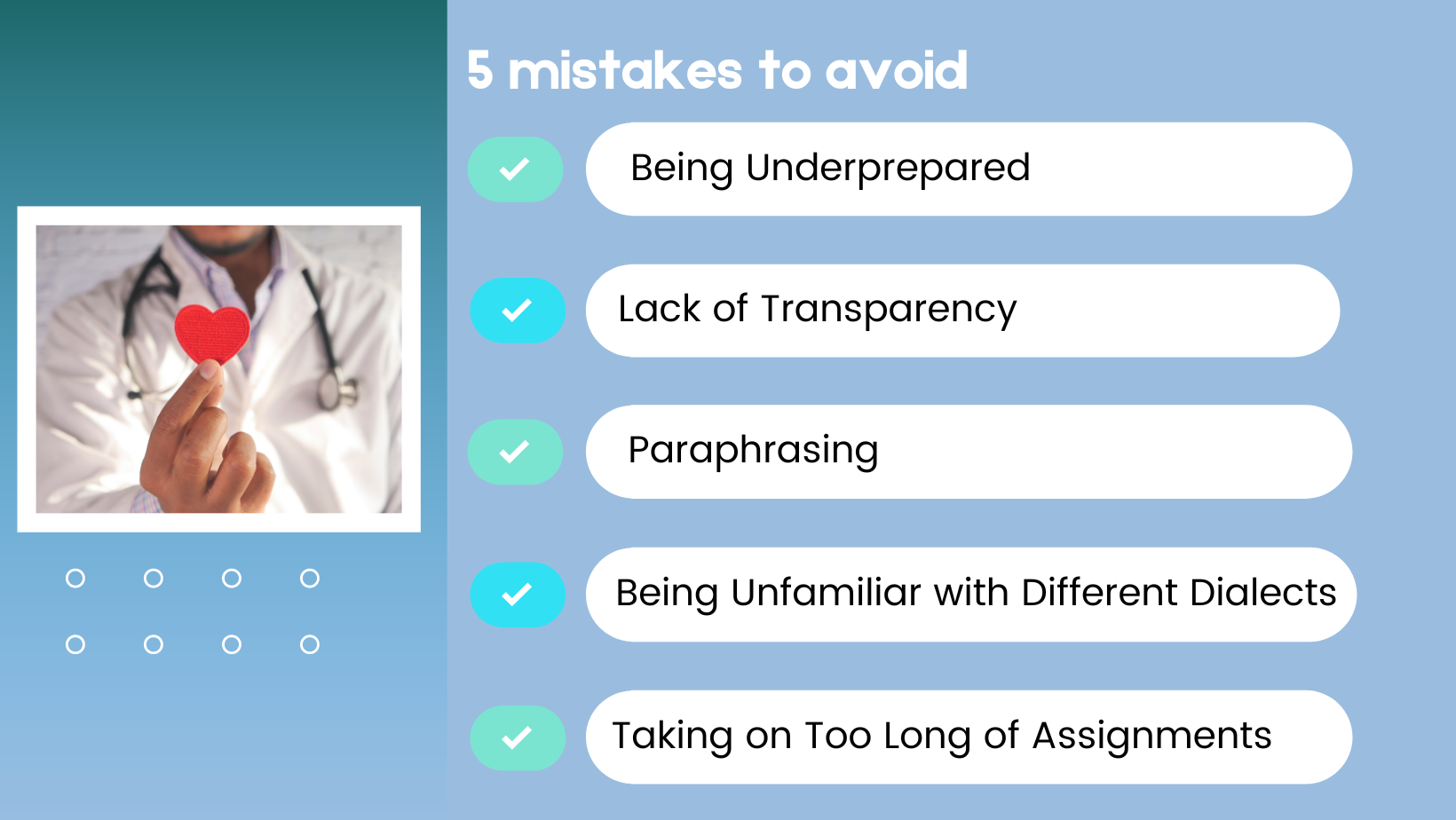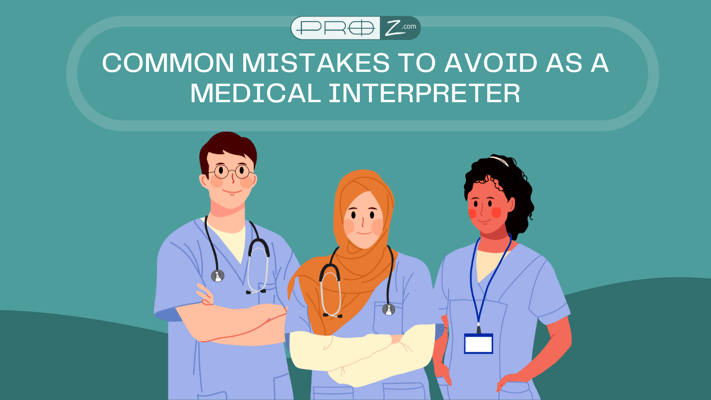 As a teenager, I was passionate about two things: music and foreign languages. Upon graduating high school, I was convinced I was going to be a professional drummer. I decided to pursue music school. However, after experiencing a repetitive stress injury and witnessing first-hand the stark competition I was up against, I soon realized my musical aspirations were unrealistic. I changed my major from music to Spanish and graduated from Wright State University with a BA in Spanish in the spring of 2019. I kept drumming as a hobby to do in my free time. I then went on to pursue a Masters in Translation at Kent State University.
As a teenager, I was passionate about two things: music and foreign languages. Upon graduating high school, I was convinced I was going to be a professional drummer. I decided to pursue music school. However, after experiencing a repetitive stress injury and witnessing first-hand the stark competition I was up against, I soon realized my musical aspirations were unrealistic. I changed my major from music to Spanish and graduated from Wright State University with a BA in Spanish in the spring of 2019. I kept drumming as a hobby to do in my free time. I then went on to pursue a Masters in Translation at Kent State University.
During the second week of March 2020, right as the World Health Organization officially declared the Covid-19 outbreak a pandemic and before the onset of travel restrictions, I was in Baja California, Mexico as a volunteer medical interpreter on a medical mission trip for my Masters degree. It was an amazing experience I will never forget. Upon coming home to the US, I made the decision to pursue a career as a medical interpreter. That summer, I sold my drum set to pay for the Bridging the Gap 40-hour medical interpreter training. I haven’t looked back since and now work as a freelance medical translator and interpreter.
Here are five common mistakes to avoid as a medical interpreter.
Top 5 Mistakes to Avoid in Medical Interpretation
- Being Underprepared
Usually (though not always) when a medical interpreter is given an assignment, the appointment’s specialty (cardiology, oncology, pulmonology, etc.) is stated. This is an opportunity to brush up on vocabulary within the specialty that is likely to be used by the medical provider and/or patient. During the assignment itself, consider keeping a bilingual glossary specific to the specialty handy to refer to for any tricky words you may not know. Don’t be afraid to ask the person assigning you the job for as much detail as possible pertaining to the subject matter of the appointment you are being asked to interpret for. This will be in everyone’s best interest so you can prepare as much as you can.
- Lack of Transparency
As medical interpreters, our job is to facilitate communication and understanding between patients and medical providers. It is important to do so in a manner that is respectful and courteous to all parties involved. However, all too often, medical interpreters will engage in “one-sided” conversations with either the medical provider or patient, leaving the other party completely in the dark. This is inexcusable. A medical interpreter is to act as a conduit between the parties and should not be an active participant of the conversation unless absolutely necessary. In such cases, be sure to maintain transparency by reporting back to the other party referring to yourself in the third person. For example, “The interpreter introduced himself to the patient.”
- Paraphrasing
It is all too easy to fall into this trap, especially with patients or providers who are long-winded. However, as professional medical interpreters, it is our duty to communicate everything that is said between the two parties. Even the most minute detail that may seem unimportant at the time can later on have dire consequences. As such, paraphrasing out of laziness or insufficient memory is to be avoided at all cost. When you introduce yourself to the patient and provider, be sure to ask them to speak slowly and clearly so you can more easily process what is being said in the source language.
- Being Unfamiliar with Different Dialects
How boring would the world be if people spoke the exact same version of English in the US as in the UK? Or how about the same version of Spanish in Mexico as in Spain? Dialects are the “local flavor” of a given language. As such, it is important for us as medical interpreters to expose ourselves to as many different dialects as possible. Try watching movies or TV shows from different countries than where the majority of your foreign language exposure already comes from, with the subtitles on. You may be surprised by what you pick up. Also, don’t be afraid to ask the person assigning you a job if they know what country the patient is from. This, like point number 5 above, may help you in your preparation, although in many larger countries dialects may vary greatly from region to region.
- Taking on Too Long of Assignments
There’s a reason why interpreters at the UN and many other reputable international organizations work in pairs. Although it may not seem like it to those unfamiliar with the profession, interpreting is an exhausting activity. Vicarious trauma is also a very serious issue in the profession that has recently been receiving more attention. Extensive research has been done to try to objectively measure the mental effort required of interpretation. But such studies are outside the scope of this blog post. What’s important is to be aware of your own “breaking point” when your performance starts to suffer. In my own personal experience, I tend to start getting mentally fatigued after about 30 minutes, so I try to avoid hour-long assignments when possible.

In conclusion, even the most seasoned medical interpreters are bound to make mistakes from time to time, whether on this list or not. Don’t let the fear of making mistakes hold you back from pursuing medical interpretation. There’s high demand for it and there are plenty of great opportunities out there. It is a highly rewarding and fulfilling profession that will only continue to grow in the foreseeable future.
Thanks for sharing this post with us, Robert!
For those interested in learning more about this topic, be sure to check out the upcoming workshop, which is dedicated to the subject of translation of Greek and Latin prefixes, roots, and suffixes for beginning medical interpreters.




